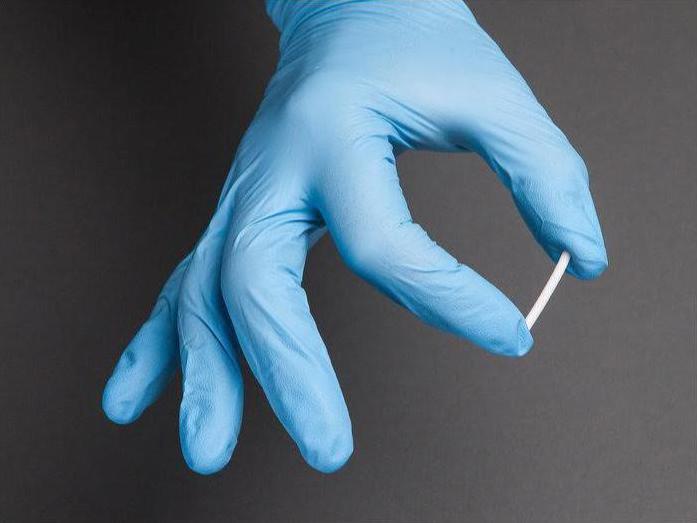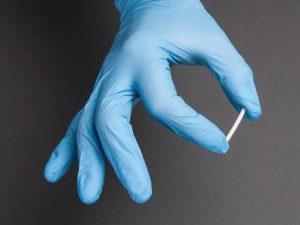FDA approves heroin addiction fighting implant

Recently the U.S. Food and Drug Administration approved a drug-emitting implant to combat addiction to heroin and other opioids killing thousands of people annually. This device is implanted in the arm and releases a steady dosage of the medication buprenorphine, which had only been available as a pill, to decrease opioid cravings and prevent withdrawal symptoms over six months. Picture attribution to Braeburn Pharmaceuticals.
by Hannah Zeitner, junior entertainment editor

Recently, the U.S. Food and Drug Administration approved a drug-emitting implant to combat addiction to heroin and other opioids killing thousands of people annually.
This device is implanted in the arm and releases a steady dosage of the medication buprenorphine, which had only been available as a pill, to decrease opioid cravings and prevent withdrawal symptoms over six months.
Approval of the device, named Probuphine, “provides the first-ever implantable option to help patients maintain treatment addiction,” Dr. Robert Califf of the FDA said.
A pro of the device being implanted is that it will ensure patients do not miss their daily dose or sell their supply to recreational users or other addicts.
This implant may cause controversy, though, because many people favor “abstinence treatment” and feel that anti-addiction drugs are just substituting one drug for another.
Recently, though, addiction has been growing more deadly. The CDC reports that overdoses linked to opioids killed more than 28,000 people nationwide two years ago, and someone dies from an accidental overdose every 19 minutes. The deaths include those involving heroin and prescription drugs such as oxycodone and hydrocodone.
“I think the approval on this implant will benefit patients who deal with heroin addiction because it will be more effective than regular medicine and can avoid having to take pills which would lead to another addiction or an overdose,” junior Adriana Loh said.
Probuphine, as with other anti-addiction drugs, such as suboxone and methadone, is to be used in conjunction with behavioral treatment to help manage an addict’s recovery and to ease withdrawal from drugs.
Probuphine will be available in June 2016.
